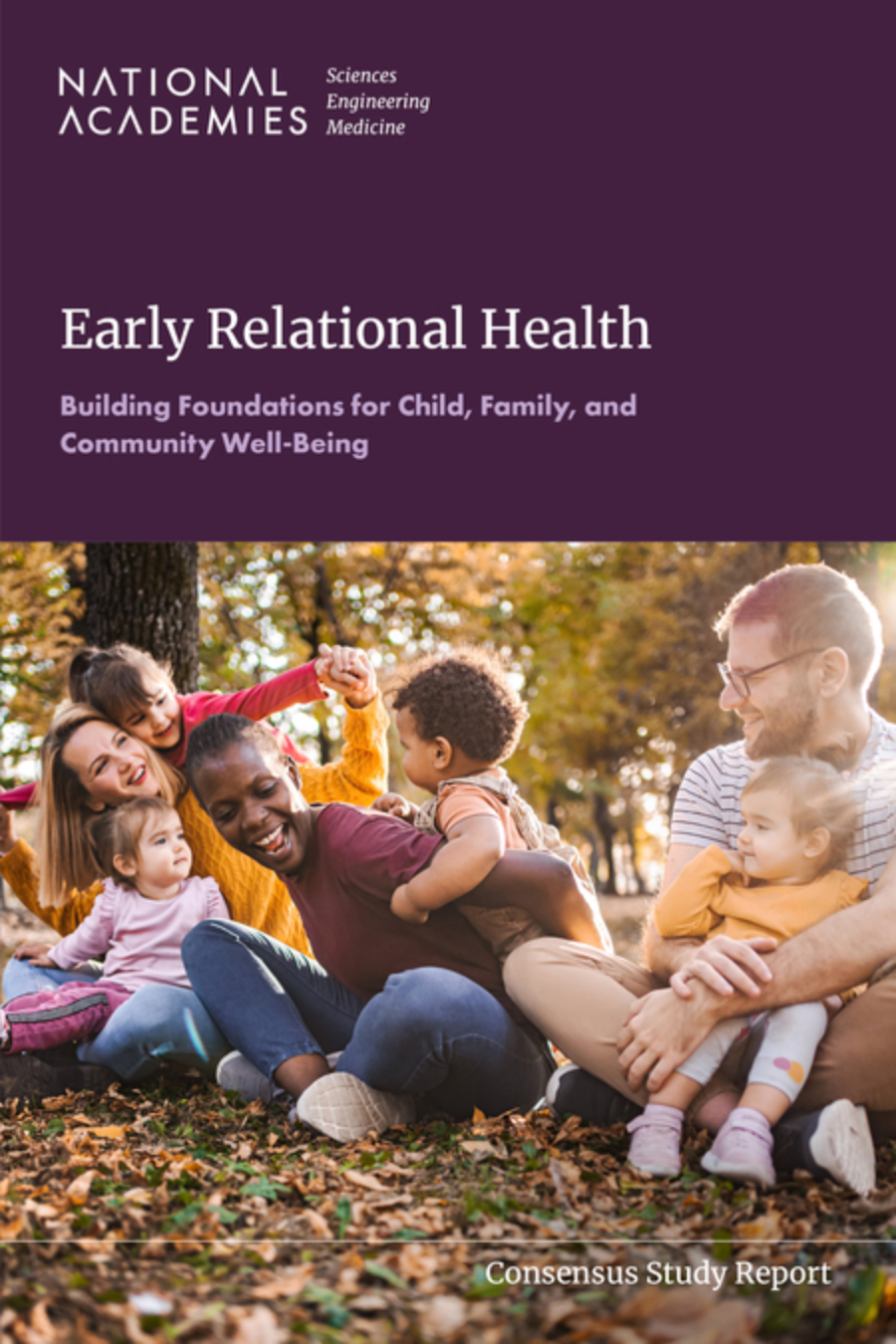Early Relational Health (ERH) is being recognized as a unifying way to understand child and family flourishing because it brings together research from a variety of academic and cultural streams of knowledge to help us understand the impact of strong, positive, and nurturing relationships on the health and wellbeing of young children and their caregivers. By joining the vast body of childhood development research — including neurodevelopment, early childhood development and health, infant and early childhood mental health, and science of learning — with emerging practice-based methodologies grounded in cultural anthropology, family wisdom, and generational knowledge, ERH science is able to embed a holistic relational health frame in early childhood programs, policies, and systems.
It is also critical to emphasize in the curation of ERH science that childhood development interconnected concepts like attachment, emotional connection, and maternal sensitivity deserve individual attention as each one offers a unique insight into understanding the impact of child-caregiver connection and bonding in the first three years of a child’s life.
The great news is that the growing body of ERH research is increasingly embracing the “two eyed’ ways of seeing and understanding — embracing indigenous, cultural, and generational wisdom alongside western science — as being essential for the universal promotion of ERH.

